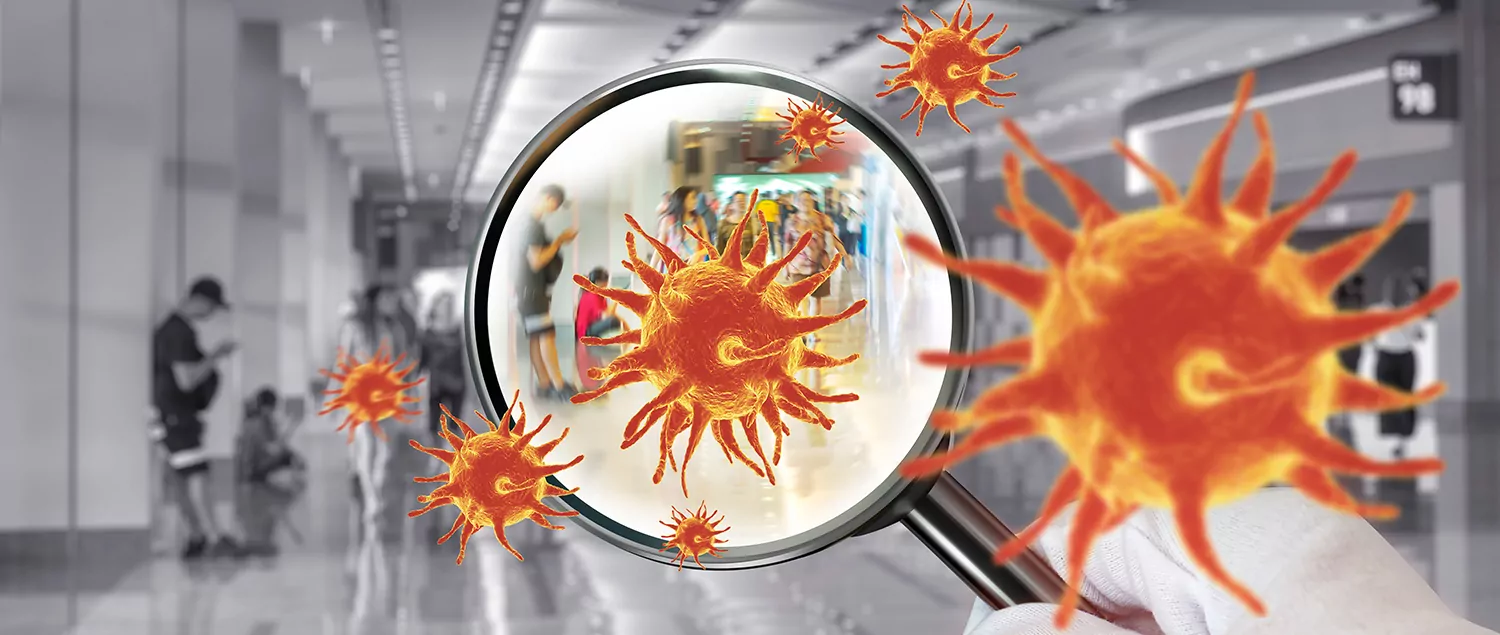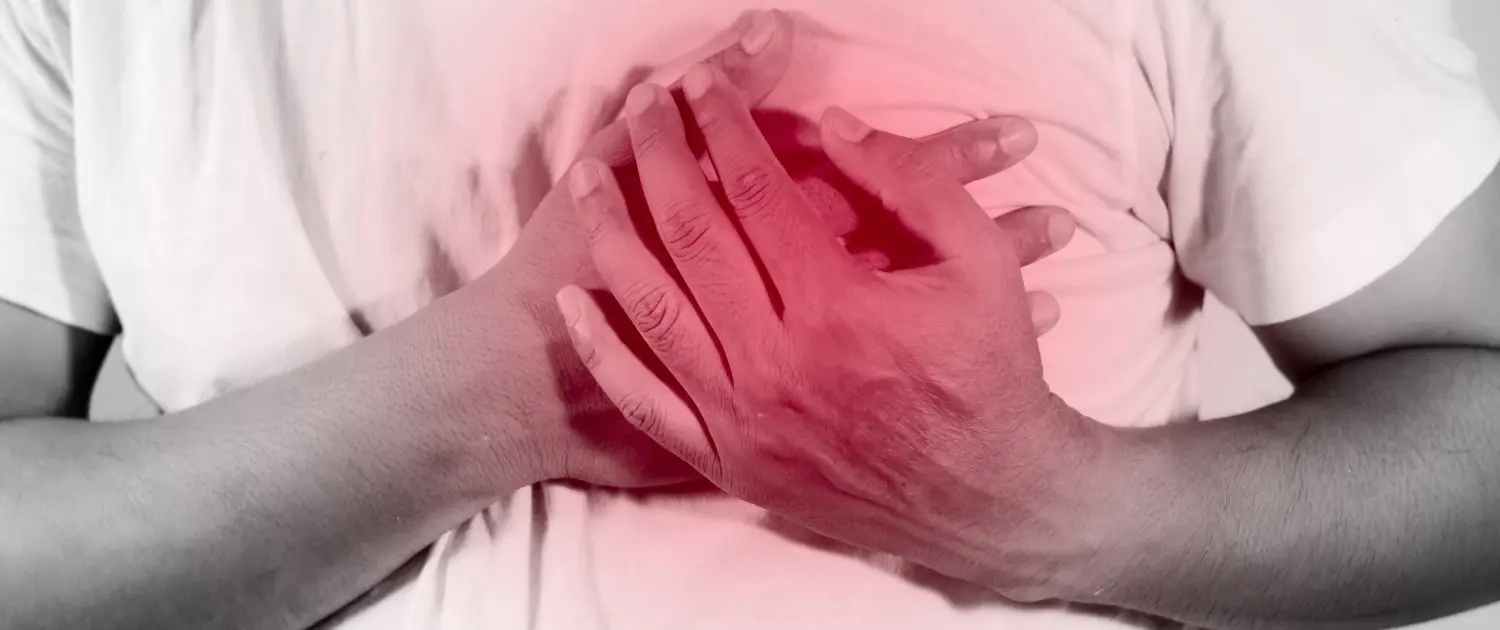What is Rota Virus?
Rota virus is a highly contagious virus that triggers gastroenteritis (an infection affecting the stomach and intestines). This virus, which mainly affects infants and young children, can cause severe diarrhea vomiting, fever and abdominal pain. Transmission is usually by the fecal-oral route in environments with poor hygiene conditions and is a major global health problem, especially in developing countries. Due to its prevalence and serious consequences, vaccination has become a critical prevention method in reducing the impact of this infectious disease on overall public health. The rotavirus vaccine has led to a reduction in rotavirus-related illnesses and deaths, highlighting the importance of efforts to improve public health, especially among vulnerable populations. Understanding rotavirus and implementing vaccination strategies are important ongoing elements of efforts to improve global child health.What are the Symptoms of Rota Virus?
Rota virus is a highly contagious virus that can cause an infection affecting the stomach and intestines. The symptoms of rotavirus infection can vary in severity depending on age. The symptoms of rotavirus, which occur in different ways in children and adults, can be listed as follows:Symptoms of Rota Virus in Adults
- Diarrhea Watery diarrhea can occur in adults as well as in children. Diarrhea can vary in severity and duration.
- Vomiting Adults may experience nausea and vomiting with rotavirus infection.
- Fever Adults may develop a mild fever.
- Abdominal pain Some adults may experience abdominal cramps and pain.
- Headache Headaches can be a symptom of adult rotavirus infection.
- Muscle Pain Joint and muscle pain may also be observed.
- General malaise A general feeling of discomfort and restlessness may occur.
Rota Virus Symptoms in Children
- Severe Diarrhea Watery diarrhea is a prominent symptom of rotavirus infection in children. This can lead to dehydration, especially in infants and young children. This is a serious concern.
- Vomiting Children with rotavirus infection may experience vomiting, which can contribute to more fluid loss and dehydration.
- Fever Rota virus can cause fever in children. The temperature rise is usually mild, but in some cases it can be higher.
- Abdominal pain Some children may experience abdominal cramps or discomfort.
- Restlessness Babies and toddlers with a rotavirus infection may be more restless, cranky or difficult to calm.
- Loss of Appetite Children may lose interest in eating due to gastrointestinal symptoms.
- Dehydration Severe cases of rotavirus infection can lead to dehydration; symptoms may include dry mouth, decreased urine output, sunken eyes and fatigue.

What Causes Rota Virus?
Rota virus is a virus transmitted mainly through the fecal-oral route. It is spread when a person comes into contact with the feces of an infected person. The virus can be transmitted through various mechanisms. The question “How is rotavirus transmitted?” can be answered in the following ways:- Direct Person-to-Person Transmission: The most common way the rotavirus is spread is through direct contact with an infected person. This can happen when an infected person fails to wash their hands adequately after using the toilet and then touches objects or surfaces that others may come into contact with.
- Contaminated Objects and Surfaces: Rota virus can survive on surfaces for a long time. If a person touches a contaminated surface and then touches their mouth, or if food or objects are contaminated with the virus, this can cause infection.
- Contaminated Food and Water: Rota virus can also be transmitted through consumption of contaminated food or water. Food can be infected if it is handled by an infected person or comes into contact with contaminated surfaces.
- Airborne transmission: Another answer to the question “Where is the rotavirus transmitted?” is through the air. In some cases, rotavirus particles can aerosolize and become airborne, especially in healthcare settings. However, the main route of transmission is still direct contact or ingestion of contaminated material.
How is Rota Virus Transmitted?
There are no specific antiviral drugs to treat rotavirus infections and in most cases the infection resolves on its own with supportive care. The main focus of treatment is to manage symptoms and prevent dehydration, especially in young children. The methods applied for the treatment of rotavirus can be listed as follows:- Fluid Replacement: The most critical aspect of treatment is to maintain hydration. If a person, especially a child, is experiencing diarrhea and vomiting, fluid replacement is important to prevent dehydration. Oral rehydration solutions (ORS) are often recommended to replace lost fluids and electrolytes.
- Electrolyte Management: Electrolytes such as potassium and sodium may also be lost with fluid loss. Replacing these electrolytes is important for the body to maintain balance.
- Nutrition Considerations: A normal diet should be maintained if possible. If a child is breastfed, breastfeeding should be continued. For formula-fed babies, the doctor may recommend continuing formula feeding. Solid foods should be gradually reintroduced according to tolerance.
- Isolation and Hygiene: As the rotavirus is highly contagious, good hygiene practices are important to prevent the spread of the virus. After using the toilet or changing a diaper, it is especially important to be careful with your hands.
- Vaccination: The most common answer to the question “How is the rotavirus transmitted?” is vaccination. Rotavirus vaccines are effective in preventing severe cases of rotavirus gastroenteritis and are administered as part of routine childhood vaccination programs in many countries.
Frequently Asked Questions
You can read on to find out frequently asked questions and answers about the rotavirus.
Is the Rota Virus Dangerous?
Yes, the rotavirus can be especially dangerous for babies and young children. This virus is one of the leading causes of severe gastroenteritis, resulting in symptoms such as severe diarrhea and vomiting. The main risk associated with the rotavirus is dehydration, which can be particularly harmful for young children. Dehydration can lead to electrolyte imbalances and other complications, which may require medical intervention. In severe cases, hospitalization may be required to provide intravenous fluids. While most conditions resolve on their own, potential complications emphasize the importance of prompt medical attention. Vaccination plays a critical role in preventing serious rotavirus infections, reducing the risk of hospitalization and associated complications. Good hygiene practices and frequent hand washing are vital to prevent the spread of this highly contagious virus.
How to recognize rotavirus?
Recognizing rotavirus infection involves assessing certain symptoms and conditions. The specific characteristics of the rotavirus can be listed as follows:
- Age of the Individual: Rota virus usually affects babies and young children. If a person is in this age group and shows symptoms, it is more likely to be a rotavirus infection.
- Symptoms: The main symptoms of rotavirus infection include severe diarrhea and vomiting. Diarrhea is usually liquid and can last for several days. Vomiting may accompany diarrhea and the person’s temperature rises. In addition, the color of rotavirus stool is green and watery, unlike normal stool.
- Dehydration Dehydration is a major concern due to fluid loss from diarrhea and vomiting. Signs of dehydration include dry mouth, reduced urine output, sunken eyes and weakness.
- Seasonal Patterns: Rota virus infections usually increase in winter and spring. The virus can occur at any time of the year, but a high incidence during these seasons may raise suspicion of rotavirus.
- Community or household outbreaks: Rota virus is highly contagious and can spread rapidly in communities or households. If other people in the same environment experience similar symptoms, this may suggest an outbreak of rotavirus.
- Duration of Illness: Rota virus infections usually clear up on their own within a week, but the severity and duration can vary. If symptoms persist or worsen, medical help may be needed.
How long does the Rota virus last?
Rota virus infections usually last 3-7 days. However, the duration may vary from individual to individual, depending on the severity of the infection and other factors. The acute phase, characterized by symptoms such as severe diarrhea, vomiting and fever, usually peaks in the first few days. Symptoms usually go away as the infection progresses and most people recover without specific medical treatment.
Even after symptoms improve, the virus can continue to spread in the stool for several days, posing a risk of infecting others. During and after a rotavirus infection, good hygiene practices, especially hand washing, are important to prevent the spread of the virus. In severe cases or cases involving complications, medical intervention may be required and dehydration should be closely monitored, especially in infants and young children.
What is the Rota Virus Vaccine Price?
The price of the rotavirus vaccine can vary depending on factors such as the country or region, the specific brand or type of vaccine, and whether the vaccine is administered as part of a routine vaccination program or separately. It may also have an impact on the cost of the vaccine to individuals through government-sponsored vaccination programs. In many countries, the rotavirus vaccine is included as part of the routine childhood immunization schedule and is often provided free or at low cost through public health programs. In other cases, it is available for a fee at private health facilities.
What are the Side Effects of the Rota Virus Vaccine?
Rota virus vaccine side effects include mild restlessness, mild fever and transient diarrhea. Serious side effects are rare. It is important to talk to health professionals for personalized information. Often the benefits of vaccination, such as preventing severe rotavirus infections, exceed the risks of potential side effects.
If you or your child has symptoms of rotavirus, you can contact a healthcare provider for early diagnosis and treatment.





